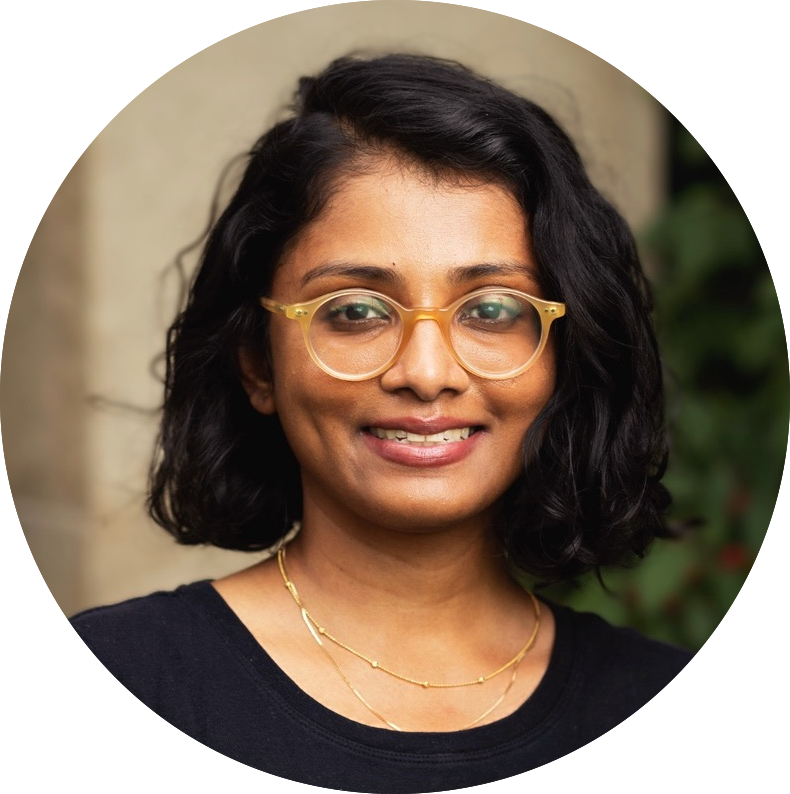Felicia Bisnath (she/her)
[fə.ˈliː.s(ɪ).jə̞ ˈbɪs.næːθ]

Research summary
- Interests:
- language contact, sociolinguistics, minoritisation, interdisciplinary transfer, history of science
- Methods:
- experimental, survey, multivariate statistical analysis in R
- Languages targeted:
- sign languages, creoles
- Phenomena targeted:
- mouthing, iconicity, morphological complexity
Activities
I am a postdoctoral researcher in Work Package 1 of the DEPICT project (PI: Ben Anible) funded by the Research Council of Norway. From 2024 to 2026, I will investigate iconicity of depicting signs in Norwegian Sign Language experimentally and with corpus data, and perception of Norwegian mouthing in Norwegian Sign Language. I did my PhD at the University of Michigan, Ann Arbor where I investigated the attitudes of deaf and hard-of-hearing signers of ASL in the United States to English mouthing experimentally, and explored emergent means of categorising signers based on their self-reported experiences with English, ASL and ASL-English mixing.
Find more recent activities in Updates.
Contact
Email me at felicia.bisnath at hvl dot no